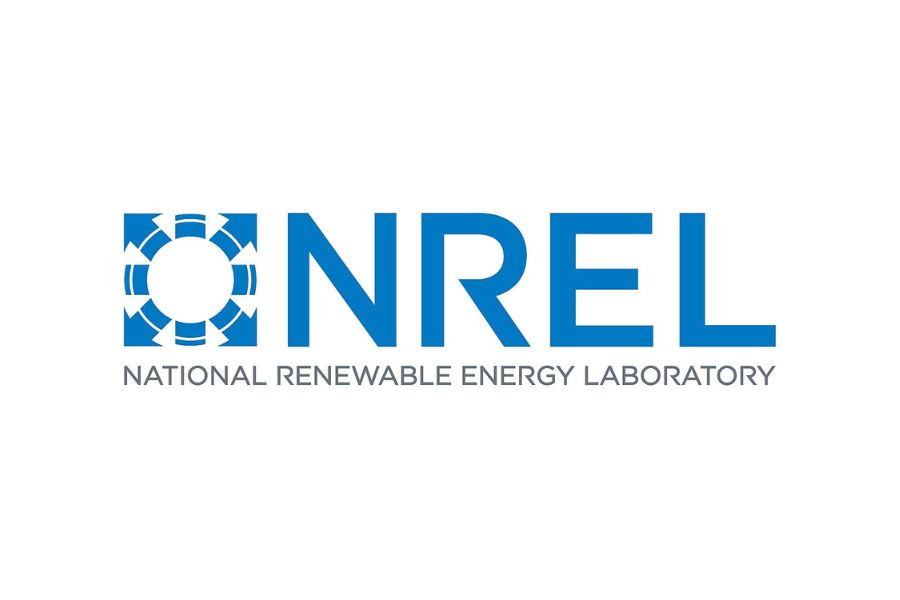Training Library
Zero Energy Buildings

Zero energy buildings combine energy efficiency and renewable energy generation to consume only as much energy as can be produced onsite through renewable resources over a specified time period.
Zero energy buildings combine energy efficiency and renewable energy generation to consume only as much energy as can be produced onsite through renewable resources over a specified time period. Achieving zero energy is an ambitious yet increasingly achievable goal that is gaining momentum across geographic regions and markets. Private commercial property owners have a growing interest in developing zero energy buildings to meet their corporate goals, and in response to regulatory mandates, federal government agencies and many state and local governments are beginning to move toward zero energy building targets.
NREL RESOURCE GUIDES

Zero Energy Building Highlights – Learn how multidisciplinary design teams worked together to construct or retrofit zero energy office buildings (certified or emerging) in three different parts of the country. See PDFs (designed for two-sided printing) below.
Advanced Energy Design Guides – These Guides have been developed through the collaboration of ASHRAE, the American Institute of Architects (AIA), the Illuminating Engineering Society (IES), and the U.S. Green Building Council (USGBC), with support from the Department of Energy (DOE), to help meet all of an owner’s energy performance requirements. In an effort to promote building energy efficiency, ASHRAE and its partners have made these Guides available for download (PDF) at no charge.
Zero Energy Building Definitions – Thousands of project teams throughout the country seek to push the envelope and develop zero energy buildings. Generally speaking, a zero energy building produces enough renewable energy to meet its own annual energy consumption requirements, thereby reducing the use of nonrenewable energy in the building sector. This definition also applies to campuses, portfolios, and communities. In addition to providing clarity across the industry, this publication provides guidelines for measurement and implementation, specifically explaining how to utilize this definition for building projects.
Communities of the Future – Zero energy districts aggregate multiple buildings and optimize energy efficiency, district thermal energy, and renewable energy generation among those buildings so that on-site
renewable energy can offset the energy use at a district scale. Zero energy districts have the
potential to dramatically improve the economic competitiveness, resiliency, environmental
quality, and energy independence of communities.
Sustainable and Net-Zero Buildings on the NREL Campus
Many of the high-performance buildings on NREL’s South Table Mountain campus have achieved Leadership in Energy and Environmental Design (LEED) or net-zero energy status.
By incorporating state-of-the-art energy efficiency and renewable energy technologies, these buildings are models for sustainability. In addition, the campus features native and xeriscape vegetation.
View the campus map:

For more information about the NREL campus click here.


